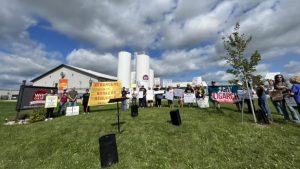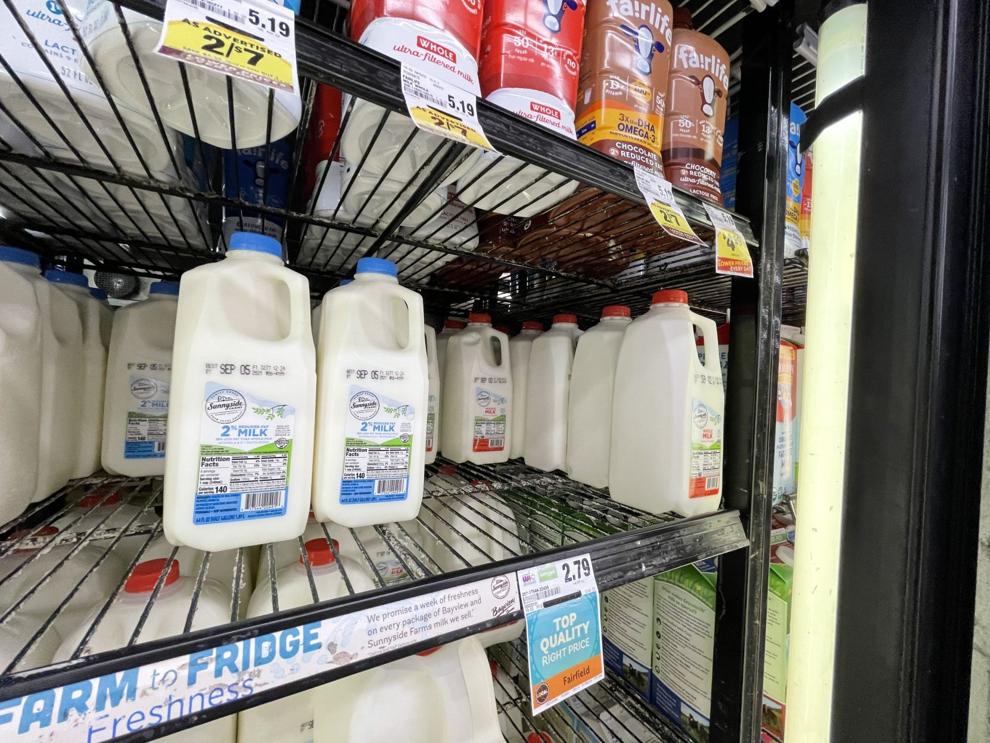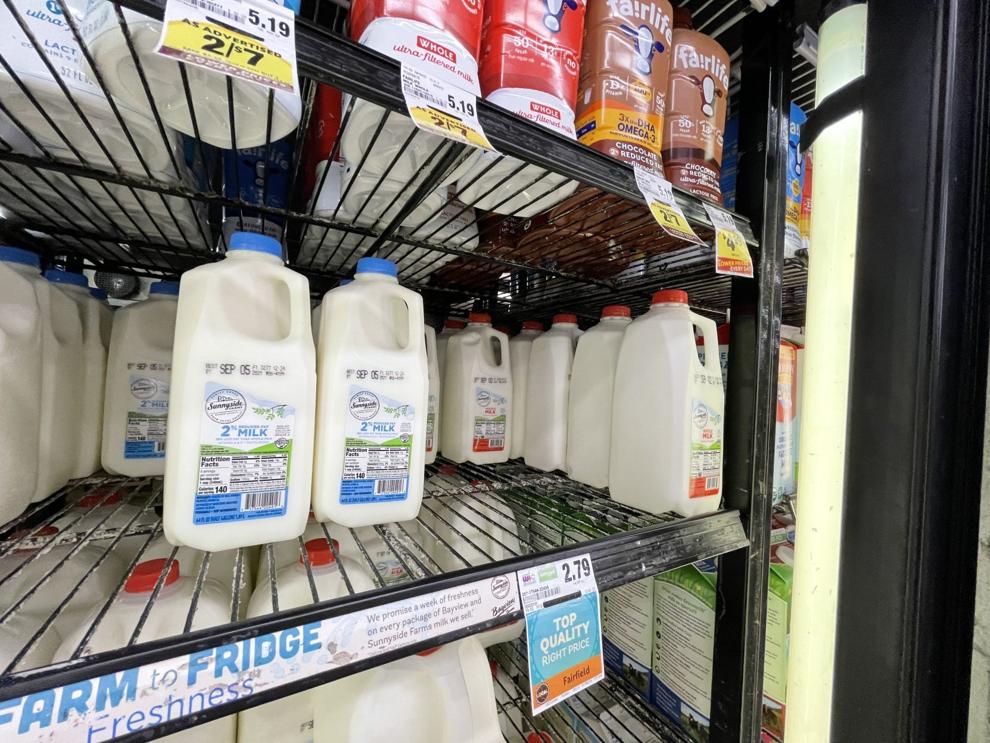
The Kings County Department of Agriculture presented their 2020 crop report during Tuesday’s Board of Supervisors meeting, which covers the gross value of crops and products, not the actual income or loss of producers during the year.
“Many aspects of our lives flipped upside down due to the COVID-19 pandemic, but there was one thing that remained constant: agricultural production,” said Agricultural Commissioner Jimmy Hook.
Agricultural products totaled $2.2 billion, and saw an $8 million drop from 2019, or .4%.
Livestock and poultry products, including manure, cow and goat milk, and wool, saw a 15.7% increase and was the highest valued product type, coming in at over $700 million in value. Cow milk alone made up for $694 million in the category, and is accredited with the increase in the category.
Vegetable crops, fruit and nut crops and apiary (bee) products all saw significant increases as well.
Field crops, which includes types of cotton, corn, alfalfa and wheat, along with other crops, saw a decrease in value of 16.6% due to lower productions, acreage and price of pima cotton. Livestock and poultry, as well as seed crops also saw decreases.
The top ten commodities in Kings in 2020 were milk, pistachios, cotton, cattle and calves almond, processed tomatoes, silage corn, poultry, walnuts and hay alfalfa, totaling nearly $1.8 billion.

Ravyn Cullor
Kings agricultural products were exported to more than 50 countries in 2020, with Mexico, China, Saudi Arabia, Japan, Germany, Panama and French Guiana among the county’s biggest trading partners.
The report also showed that Kings saw around 61% of the average annual rainfall, compared to the last 50 years of monthly data.
Kings was No. 8 in the state for overall agricultural production, first in cotton lint and seed production, second in processed tomatoes, third in nectarine and plum production, fourth in milk, apricot, peach and wheat production and fifth in pistachio and silage production.
“Our approximately 800 local producers and their employees held fast, safely working through the pandemic, making sure crops and other agricultural products made it to the channels of trade and to our homes,” Hook said.
























